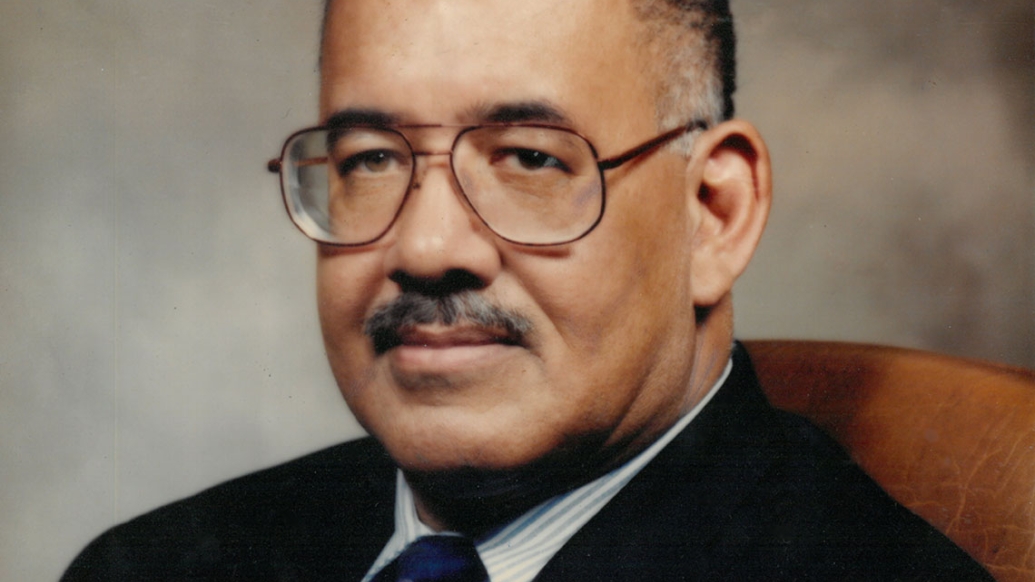Charting one alum’s 50-year career on the frontiers of medicine
Authors |

The path Walter Faggett II (M.D. 1968), assistant professor of community and family medicine at the Howard University School of Medicine, took to become a doctor was a bit unexpected. After serving as a colonel in the U.S. Army — receiving various medals and also a few major injuries, including a broken neck — he decided to shift his focus to helping others in a more conventional setting. "I couldn't make it as a paratrooper," he says, laughing, "so I thought I had better go to medical school."
Faggett specialized in pediatrics, caring for the children of military families, and helped found the first adolescent medicine clinic in the Department of Pediatrics at Brooke Army Medical Center in San Antonio, Texas, in 1974. "I'm happy to say that it's still going strong," he says. A few years later, in the late 1980s, he was medically retired from the Army after suffering from years of chronic neck pain.
Faggett remained optimistic, and parlayed a difficult situation into a new career. He moved to Washington, D.C., and began a fellowship in liaison psychiatry at D.C. General Hospital. At the same time, the city "realized they had a drug problem," he says. Indeed, D.C. was being ravaged by heroin, PCP, and crack cocaine. Faggett, then working in addiction medicine, was brought on as medical director of the hospital's "PCP Unit," a dedicated detox facility that was one of the first of its kind in the region.
For Faggett, helping those plagued by dependence was transformative. "We developed national programs, set up protocols, and developed 'one-stop' centers where the drug addict could be evaluated, stabilized, and properly treated. We were very effective."
Since then, Faggett has had an extensive career in public service and policy. A longstanding member of the National Medical Association (NMA), the oldest and largest organization representing African-American physicians, Faggett enjoys being politically active, too. He has served as the NMA speaker of the House of Delegates twice, first from 1988 to 1989 and again in 2014.
Earlier this year, Faggett, along with the presidents of the National Hispanic Medical Association and the National Council of Asian Pacific Islander Physicians, spoke at a congressional hearing regarding their concerns about potential effects the American Health Care Act would have on those who depend on Medicaid.
"We had an open letter to Congress urging them to vote 'no' on the American Health Care Act," he says. "We were joined by the AMA, the AARP, and a whole host of other folks who were very concerned." The groups joined together to make sure their voices — and the voices of disenfranchised people — were heard.
In 2018, Faggett hopes to return to Ann Arbor to celebrate his 50th graduation anniversary from the U-M Medical School. Although Faggett's life as a practitioner and researcher might not have offered the same kind of thrills jumping out of planes did, he's certainly had a career full of groundbreaking moments — and he's thankful Michigan was where he got his start.
"I sincerely appreciate being able to practice medicine, and I hope to give back as much as I can in as much time as I have left."





